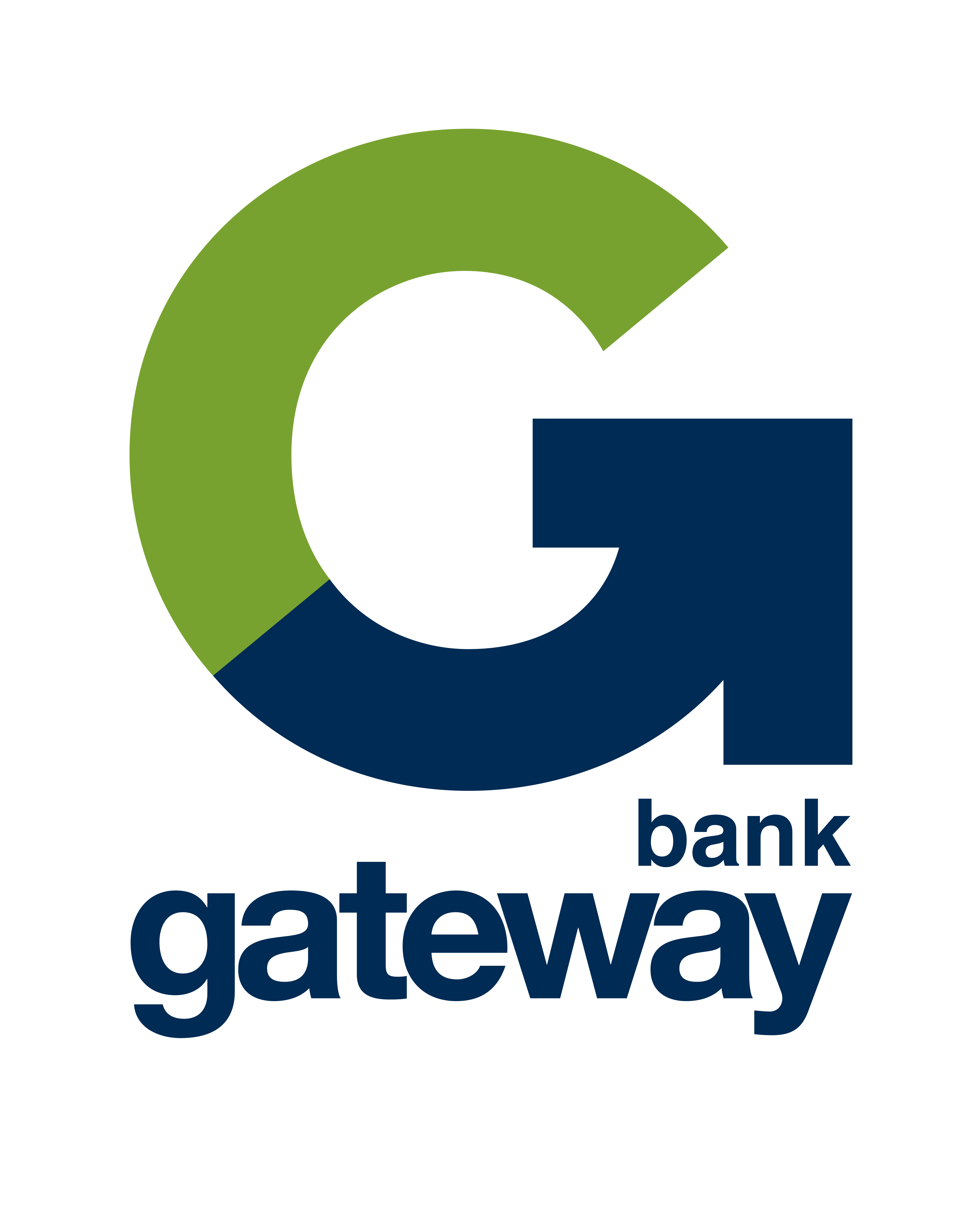How Home Loan Applications are Assessed
The four C’s you need for home loan approval.
When applying for a loan, it’s about more than just your credit score – you’ll be sharing your full financial profile. Having your finances scrutinised is one of the more uncomfortable aspects of applying for a home loan.
All lenders have different eligibility criteria so there’s no ‘one size fits all’ approach. But at the core of it, you don't need to be a banker to know what makes a good borrower. All you need to do is ask yourself what you’d be looking for if a stranger asked to borrow money from you.
Think about the four C’s of lending:
Capacity
Capacity is your ability to pay back a loan. Your lender will assess your income, lifestyle expenses, and all your assets and liabilities. Your lifestyle expenses will play a large part in calculating your capacity.
Even if you plan to change your lifestyle to accommodate your loan, lenders will primarily be assessing your current spending. That includes all activities, eating out, clothing, and other ‘nice to haves’ that you may need to sacrifice once your loan gets approved. That’s why ongoing expenses such as subscription entertainment services can negatively impact your capacity. If you’re planning on applying for a home loan in the future, consider cutting unnecessary spending on “extras” now. Saving those funds instead will reflect favourably on your application.
It’s also important to know that all your credit liabilities are considered in full regardless if you are actively using them. That means that in the eyes of the lender, the higher your credit or store card limits are, the less capacity you have to pay back your home loan. For example, depending on your lender, a $20,000 credit card limit could decrease your capacity by around $70,000. It’s best to lower any limits you don’t use before submitting your loan application.
Character
Your financial character is essentially your credit history. It’s the “common sense” questions you might ask someone you’re giving money to.
- Are you in stable employment?
Your ability to repay the loan is paramount. Regardless of your income or deposit, your employment history will be closely examined. Lenders are looking for people with demonstrated, stable employment. Generally, people who have jumped from job-to-job recently are a higher risk than applicants who have stayed within the same company, role, or industry for several years. If you’re considering changing jobs, it may be worth securing your loan beforehand. - How many credit enquiries have you made previously?
A lot of people “shop around” for credit to get the best deals, but unfortunately, this can damage your financial character. Multiple enquiries for credit within a short period can look questionable, particularly if all the enquiries are for the same amount. For example, you may apply for a credit card at multiple institutions to find the best rate. However, to a lender it may look like you’ve been declined by all the lenders you approached. - Have you ever failed to pay back a loan before?
Your lender will be interested in what loans you’ve taken out in the past, how long it took to repay them, and most importantly, if you missed any repayments. Defaults on past debts make you a higher risk than someone who has always paid back what they borrow.
They will also be looking at what type of debts you’ve had to determine your character. Was it ‘good debt’ that left you with an asset such as a student loan or ‘bad debt’ that gave you a depreciating asset such as a personal loan for a new TV? Financial responsibility demonstrates your ability to pay back your loan. - Are you trustworthy?
Even with an impeccable credit history, lenders will still decline dishonest people. Any fraudulent information on your application is a major red flag so it pays to be honest, even if it is a white lie.
Collateral
Collateral is the security you can offer the lender if you default on your loan. In the case of most home loans, your security is the property that you’re purchasing. In short, that means if you fail to honour your contractual commitments, your lender has several legal options to recover the money, including selling the property.
Your lender will assess your property to determine whether they’re happy to use it as security. Some properties are more likely to be accepted than others – your lender will have their own criteria as to what size, location, and property type they will accept. Your lender wants to know that if they were forced to sell, they’d be able to do so easily and without financial loss.
It’s important to note that collateral preferences vary hugely between lenders. For example, while some lenders would not lend against a studio apartment or granny flat, Gateway Bank specialises in these areas.
Capital
The final C is Capital. This is your contribution to the transaction and is represented by a Loan-to-Value Ratio (LVR). For example, if you have a contribution of 20% that means you are seeking a loan with an 80% LVR. However, it is possible to get a loan with a smaller deposit of 10% in some cases. For example, you may be eligible for Lender’s Mortgage Insurance or a Family Pledge option.
If you’re interested in finding out more about your home loan options, speak to one of our friendly experts today.





